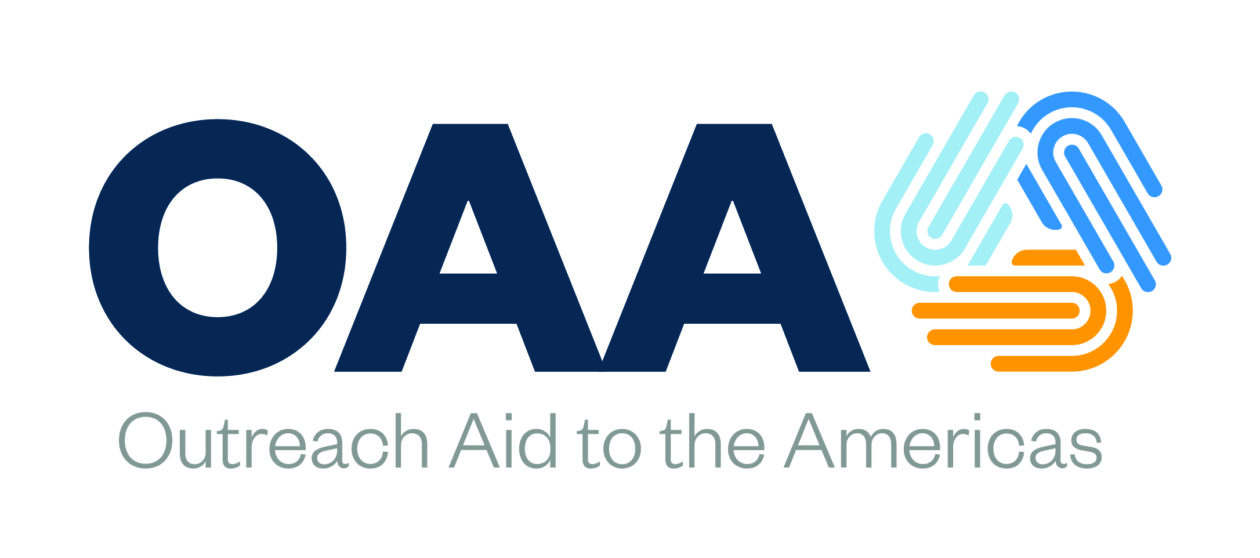Opinion: Does Pope Francis care about Nicaraguan Catholics?

This Op-Ed by Dr. Teo Babun was originally published in the Washington Examiner on September 1, 2022. You can read the original piece here.
More than two dozen member states of the Organization of American States last month approved a resolution condemning the authoritarian government of Daniel Ortega in Nicaragua for its crackdown on civil society, the independent press, and, notably, Catholic clergy and institutions. This is a welcome development, given a shocking intensification in Ortega’s persecution of the Catholic Church.
In April 2018, when the Ortega regime violently cracked down on mass protests throughout Nicaragua, Catholic leaders defied the regime by criticizing its human rights abuses and opening their churches to those fleeing deadly attacks by security and paramilitary forces. This, in turn, provoked a government campaign of systematic church repression and the demonization of its clergy (state media outlets regularly call priests “terrorists” and “devils in cassocks”). All hopes of democratic reform were dashed when Ortega locked up his political opponents in 2021 and stole the November elections.
This year has seen an all-out war against Catholic leaders. In March, the Ortega regime expelled Archbishop Waldemar Stanislaw Sommertag, the apostolic nuncio since 2018, giving him a week to leave. In May, police and paramilitary groups prevented Rev. Harving Padilla and parishioners in Masaya from leaving or entering a church for three days. Later in May, Rev. Manuel Garcia was detained after he wielded a machete as he tried to fend off pro-regime thugs taunting and insulting him outside his parish. He was later sentenced by a court to two years in prison, making him the first priest imprisoned since the 2018 protests.
In its zealous persecution of the Catholic Church, the Ortega regime has also gone after the church’s educational and charitable institutions. This year alone, the regime has forcibly closed more than 1,000 civil society organizations, many of which are Catholic. In June, the regime canceled the legal status of the Missionaries of Charity, an order founded by Mother Teresa of Calcutta, and expelled the nuns, escorting them to the Costa Rican border.
One priest who has particularly drawn the Ortega regime’s ire is Monsignor Rolando Alvarez, bishop of the Diocese of Matagalpa, who is one of the most vocal critics of the regime’s human rights abuses. Earlier this summer, he went on a hunger strike to protest his treatment and the closure of seven Catholic radio stations that he directed. Then, a few weeks ago, he and 10 others, including seminarians and lay persons, were placed under house arrest in the episcopal offices. The police announced an investigation of Alvarez and other Catholic leaders for using communications platforms and social media to organize and incite acts of hatred and disturbing the peace.
